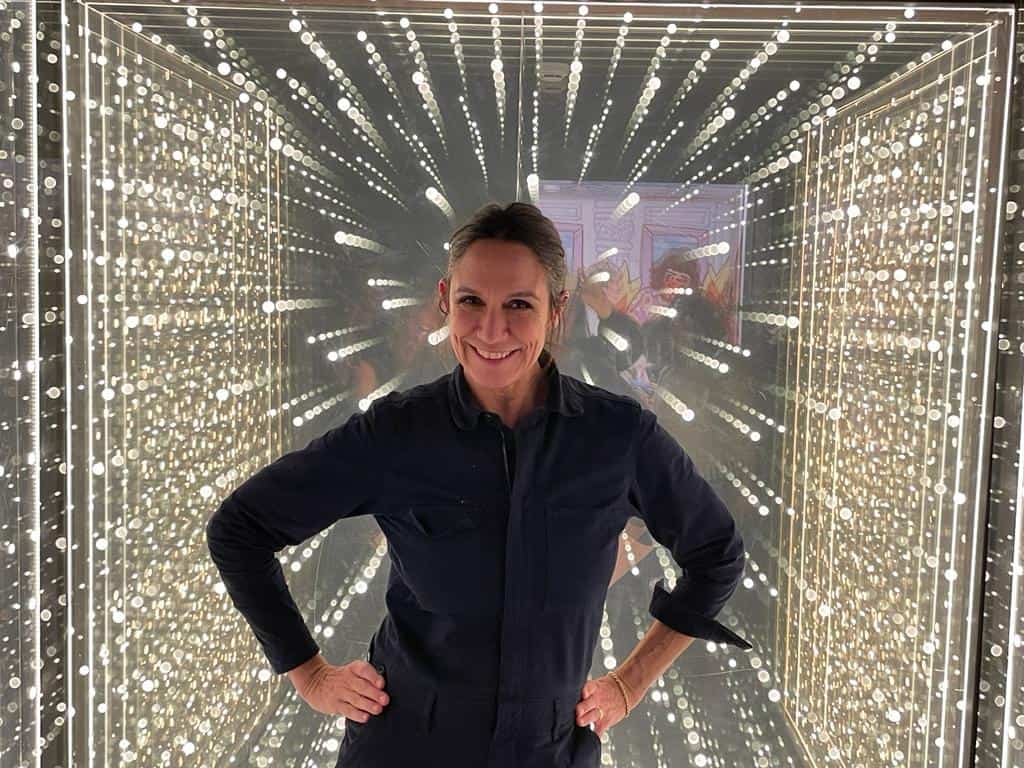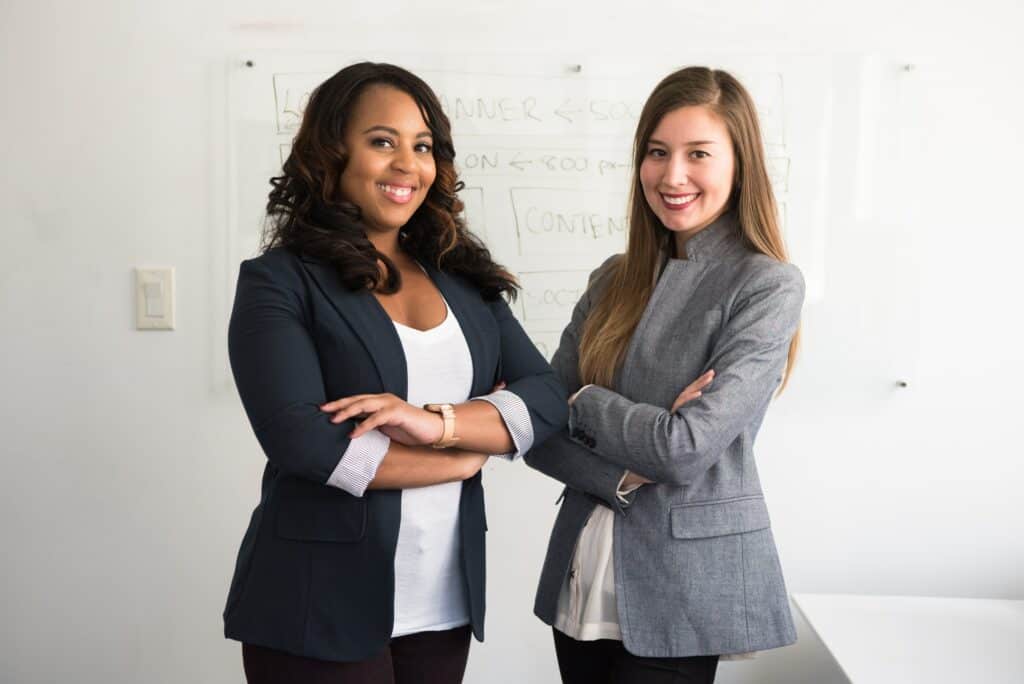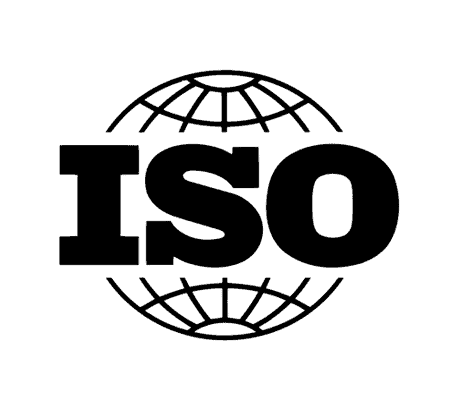
Gendered career paths, second-generation bias, women being held to higher standards, being rewarded less or punished more – these are some of the challenges that women face when climbing the career ladder and reaching leadership positions. What can an organisation and every individual as part of a system do to support female leaders and help them to overcome these challenges?
Women often face discrimination in the workplace, which can prevent them from getting promoted or achieving their full potential. This is known as second-generation gender bias, and it can happen without people realising it. These biases have existed for so long that it’s easier for most people, even women, to follow in the same footsteps. In many cases, women end up working in jobs that are traditionally seen as more suitable for women, such as administrative or support roles. This is because of gender stereotypes and expectations that can limit women’s career choices. At the same time, women in leadership positions can experience the fact that the traits that are often seen as male traits – being directive, authoritative, no-nonsense, and results-focused – are accepted and rewarded more. While those traits that are generally associated with women, like maintaining relationships, being conciliatory, and being collaborative, are not necessarily valued equally in organisations.
This leads to the fact that female leaders don’t see role models to follow, and they’re hesitant to promote themselves and engage in networks that will allow them to grow in a system that wasn’t purposely designed for them.
How can we overcome these challenges?
The first step to addressing these challenges is to make them visible. It’s recognising that sometimes we don’t notice these biases because they might not affect us directly, so we often feel it’s not our responsibility.
Macarena Vergara, Head of L&D for the Humanitarian and Development sector here at UNLOQ, encourages us to strengthen how women talk to themselves internally and how women position themselves in organisations, so they can step out and speak up. And then women can slowly start changing the narratives that they’ve been conditioned by and that both them as individuals and the system have been nurturing.
According to Macarena, we can change the system by involving both women and men in a dialogue about the contexts and experiences in their work setting. Because we also need men to understand the context in which they have generally been favoured. In every single interaction, in every single programme, we have to practice inclusion in action. Changing the narrative is everyone’s work and everyone’s responsibility.


How does UNLOQ nourish women in leadership?
We at UNLOQ design tailored solutions that enable psychologically safe spaces where thinking is translated to agency, and where we encourage vulnerability, peer support, authenticity and openness to bring these topics to reality.
As Macarena mentions in her UNLOQ podcast interview, “What we’ve seen is that the best programmes that support women in leadership are those that are backed and also driven by the organisation’s will. For their success and credibility, you have to have genuine interest and involvement from the top, not just the top leaders, but the middle leaders, the supervisors of the women who go through programmes, and their peers.”
Macarena Vergara, Head of L&D for the Humanitarian and Development sector
And when women grow in this way, the system does listen, and the doors open. It is up to us to cross that threshold and create the future of organisations this way. It’s no longer them and us;
we all play an essential role in enabling systems that benefit not only a few people in a group but it as a whole.
Learn more about how we enable systems to benefit all parties by UNLOQing human potential regardless of their social conditioning through our science-based, technology-enhanced, human-centric and scalable solutions.
Continue to professionalize and optimize
In addition to the continued development of our UNLOQ Campus coaching platform, we also accelerated the ISO 27001 certification process. This process had already started in 2019 and was aimed at improving our internal processes and increasing the security of customer information. Especially at a time when more and more work is done online and remotely, it is a challenge to ensure maximum confidentiality of information. Obtaining the ISO certificate is not easy; as an organization you have to comply with no less than 96 standards. In 2020, we secured our first certification. In 2023, we passed another 3-year audit which means we are now ISO 27001:2022 certified! This makes us one of the few (international) L&D organizations with this latest version of ISO 27001.




